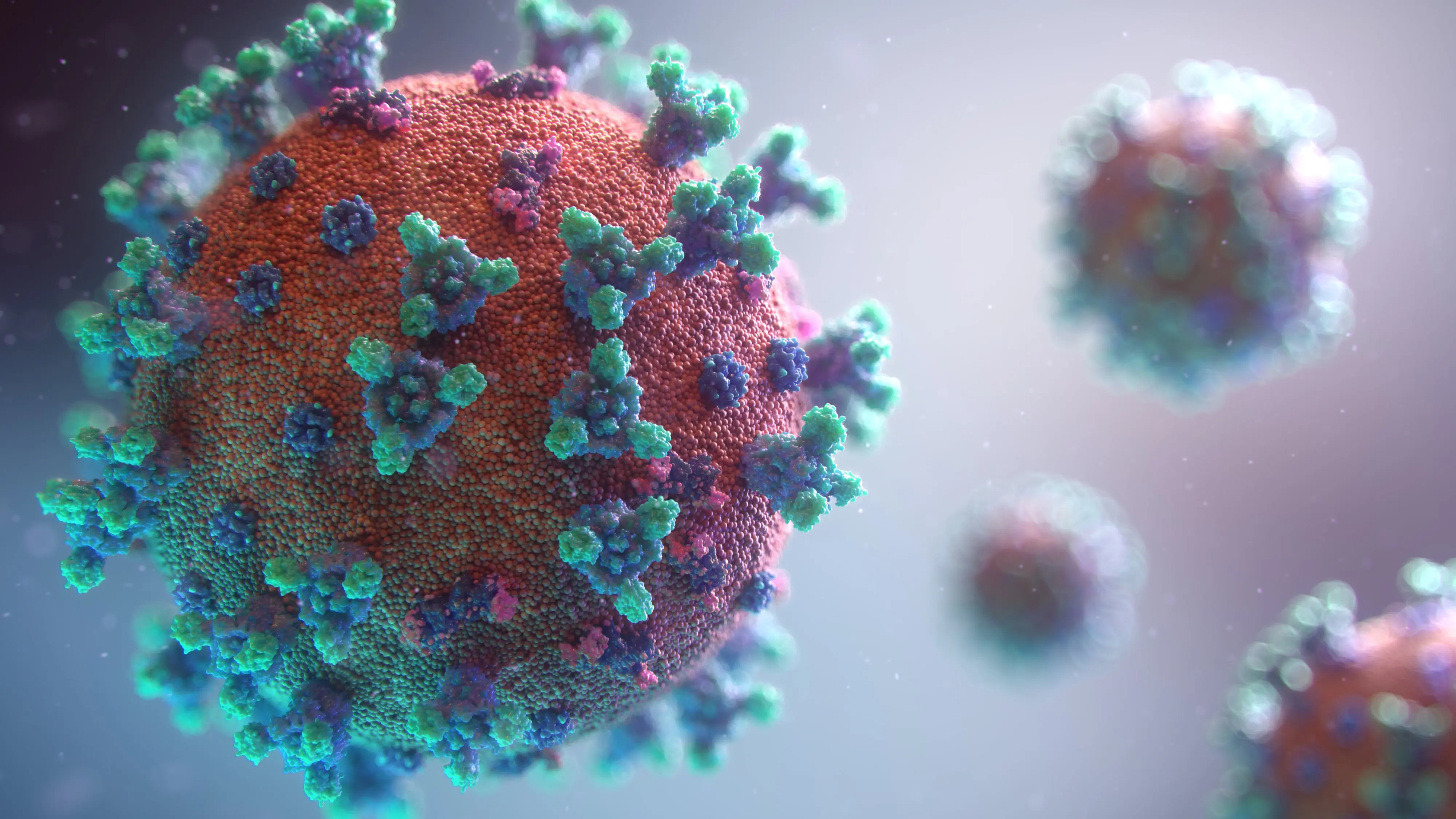

As the COVID-19 pandemic has progressed, the global medical and scientific communities alike have sought solutions aimed at preventing the spread of the virus as well as treating those that have been affected, something that has been largely demanded by the general population as we seek a return to so-called normal as soon as possible. This demand has led many media outlets to expedite the publication of any information they believe could aid in the fight against COVID-19 and end the pandemic. With this has come an accelerated frenzy of publications surrounding cannabis therapy, some of which have promoted misconceptions about cannabis therapy as a treatment option for COVID-19. While there have been a limited number of preclinical studies that show cannabis MAY help in the prevention or treatment of COVID-19 the lack of rigorous scientific research and data does not allow for the medical and/or scientific community to endorse cannabis therapy as a treatment option for the direct prevention or treatment of COVID-19.
Similar to the preclinical studies, a small number of observational studies have been conducted to investigate changes in cannabis consumption among the general public during the pandemic. Two such studies are a rapid response study in the Netherlands and an online survey study of cancer patients using cannabis. The study in the Netherlands recruited 1,563 cannabis users in April of 2020 and asked them to report changes in their consumption of cannabis since the pandemic started and if so, the motives for such changes. The results showed that 41.3% of people increased their consumption, 49.4% consumed the same as before, and 6.6% consumed less during the pandemic. Regarding motives, the top three reasons for increasing consumption were boredom (78.4%), stress (36.3%), and mental health (30.1%). The study of cancer patients was conducted in 2020 with 85 participants who were also asked to report if they had made a change in cannabis consumption and what were their main reasons for consuming cannabis. The results of this study showed that 81% of participants were using the same amount, 11.5% were using less, and 8% were using more than before. The top 3 reasons for consuming cannabis were sleep (53.8%), anxiety (46.2%), and nausea (42.3%).
With data showing a significant increase in cannabis consumption among the public during the pandemic, there has undoubtedly been an increased line of inquiry surrounding cannabis’ potential protective effects against COVID-19.
A preclinical study published in 2022 looked at the effects of cannabidiol (CBD) on SARS-CoV-2, which is responsible for the coronavirus outbreak in 2019. Investigators found that CBD and its metabolite 7-OH-CBD potently block SARS-CoV-2 from replicating in lung epithelial cells. They came to this finding by pretreating human lung cells with CBD for two hours prior to infection with SARS-CoV-2. After 48 hours they monitored the cells for expression of a viral spike protein, a clear sign of COVID infection, and found that CBD potently inhibited viral replication. This shows that cannabis preparations, more specifically CBD, may have the ability to be a preventative agent for early-stage COVID infection. However, this information must be interpreted cautiously as this study was conducted in a laboratory setting using human cells and NOT in humans themselves via a placebo-controlled randomized clinical trial. While this is promising, it should be noted that preclinical results may not be replicated in human clinical trials.
Recently, the media has taken the stance that cannabis use, regardless of the mode of consumption, is a viable treatment option for COVID-19. Though it is a promising avenue for treatment, the lack of legitimate information currently available on the subject makes it difficult to substantiate this claim. Cannabis is a very complex plant and to make the generalization that the whole plant and all the cannabinoids involved can treat COVID-19 is scientifically unjustified and irresponsible. However, under the medical supervision of a trained clinician with a background in cannabis therapy, hemp-based CBD preparations and/or Medical Cannabis may be an option as an adjunctive treatment for COVID-19 either acutely or prophylactically. Indications in which cannabis has a noted effect as an adjunctive therapy include sleep disturbance, anxiety disorders, and post-viral pain syndromes.
CBD is just one of 144 known cannabinoids found in the cannabis plant that has been used in the treatment of a variety of diseases with limited side effects. Although, just because CBD has shown promising signs as a preventative agent for COVID-19 infection, it does not mean all types of cannabis consumption can have a positive medicinal effect. When consuming cannabis, especially in the form of smoke, there are many chemical substances entering the body that can lead to possible negative side effects which in turn could increase the risk for upper respiratory diseases such as COVID. This is because smokers have an upregulation of the angiotensin-converting enzyme II-receptor, which is the primary entry point for the SARS-CoV-2 virus. Therefore, it’s necessary to choose a mode of administration that would least interfere with the respiratory system such as tinctures or capsules.
As of the time this article was written the COVID-19 pandemic remains a global issue, with medical professionals and scientists alike searching for new avenues of prevention and/or treatment. The relentless efforts of our scientific community will likely yield new information. Nonetheless, at this point in time unsupervised cannabis use and even supervised use of cannabis SHOULD NOT be considered as a first-line treatment for the prevention and/or treatment of COVID-19. The first option should always be the vaccine, if available and feasible. Only when under the supervision of a medical professional that has experience with cannabis therapy should the possibility of cannabis use, as an adjunctive treatment option be discussed as part of a comprehensive treatment plan. Furthermore, when discussing this possibility of cannabis use as a treatment method it should be made clear that smoking or vaping cannabis is not a practical method of consumption, especially when considering COVID-19 infections predominantly affect the lungs.
Related: Does CBD Help with Depression?

